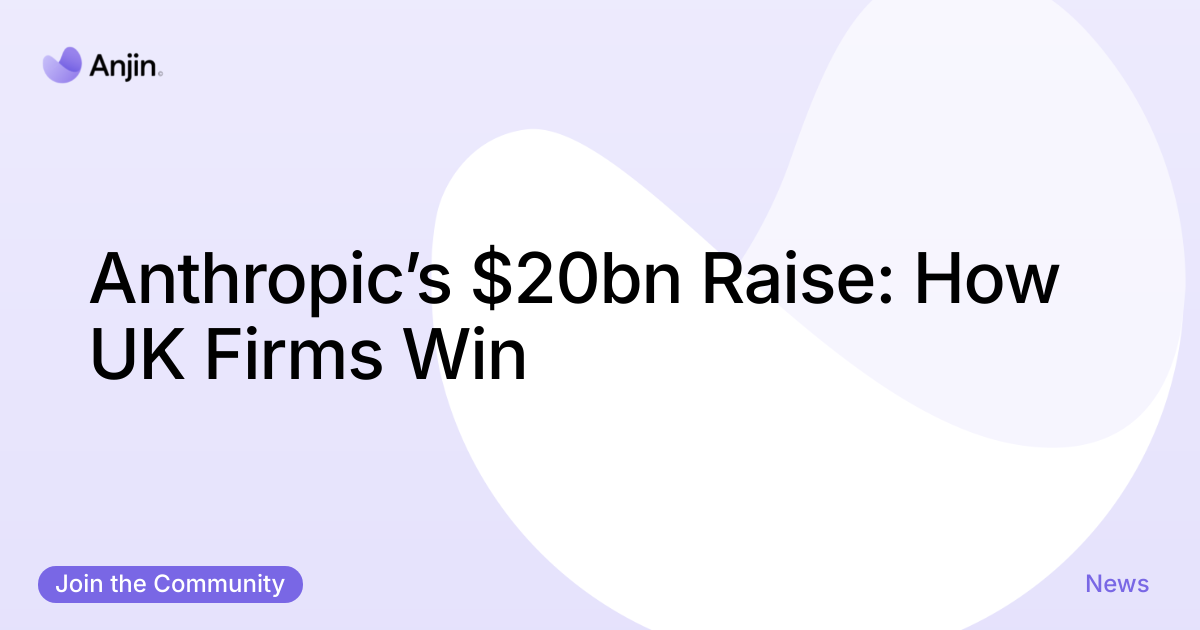Google’s Strong Quarter Reflects Its AI-First Strategy
Alphabet reported $66.89 billion in advertising revenue in Q1 2025 — an 8.5% increase compared to the same period last year. This growth comes as Google deepens its integration of artificial intelligence across its core services.
Central to this strategy is AI Overviews, an AI-driven feature offering users direct answers and summaries instead of just links. It’s now being used by over 1.5 billion people monthly.
AI Overviews Are Reshaping Search Habits
AI Overviews allow users to skim comprehensive, conversational summaries rather than sift through multiple websites. As a result, users are changing how they engage with search — and brands must respond quickly to remain relevant.
This shift introduces a new challenge for marketers: ensuring their content is structured, cited, and valuable enough to be referenced by generative AI in the first place.
A $70 Billion Statement of Confidence
To underscore its AI ambitions, Alphabet has announced a $70 billion stock buyback. The message to investors is clear: AI is not just an experimental layer — it’s Google’s future.
Ruth Porat, Alphabet’s President and CIO, stated:
“Our strong results and investment plans reflect the growing importance of AI across all our products.”
What This Means for Digital Marketers
Marketers can no longer rely solely on ranking for keywords in a list of ten blue links. Google’s new approach is forcing brands to rethink their SEO and content marketing strategies.
Key implications:
- Content must be authoritative and intent-focused to be surfaced in AI Overviews.
- Structured data and proper entity tagging are becoming essential.
- Optimisation is shifting from “page 1” to “answerable by AI.”
The New Search Reality
This evolution doesn’t mean SEO is obsolete — but it’s changing fast. AI-powered platforms are rewriting the rules of discoverability. If your brand isn’t being pulled into the conversation by an AI, you’re increasingly invisible to the user.
At Anjin Digital, we help brands stay ahead of these shifts through forward-thinking content strategies and AI-optimised publishing frameworks.





